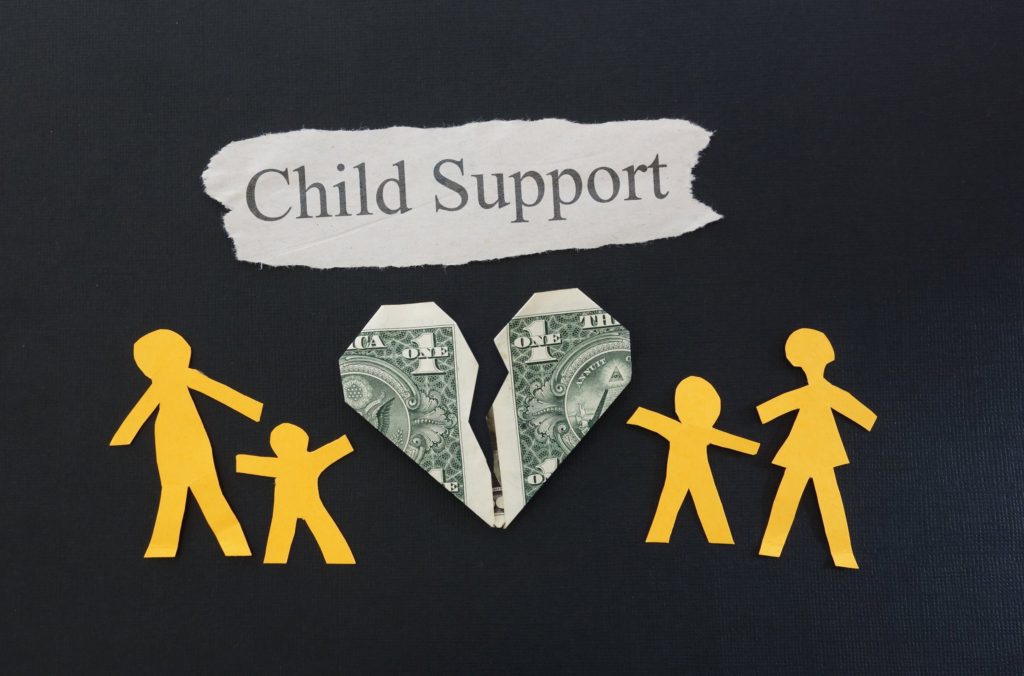
Having to pay child support doesn’t disappear if you receive Social Security benefits. However, the type of Social Security benefits you receive can significantly affect your obligation and how courts calculate your payments. Understanding how your child support obligation will interact with your social security is key to ensuring compliance with legal requirements and managing your financial responsibilities. This article will dive into the stipulations and limitations of collecting child support while on SSI.
Child Support and Types of Social Security Income
Supplemental Security Income (SSI) is a needs-based program to assist those with low income and limited resources. Because SSI helps cover basic living expenses, courts do not see it as income for child support purposes. Courts generally cannot garnish SSI benefits to pay child support. Additionally, receiving SSI may be grounds for modifying or terminating an existing child support order.
Social Security Disability Insurance (SSDI) benefits, based on your prior work history and tax contributions, are treated as income for child support calculations. Courts can garnish SSDI benefits to pay child support. If you owe back child support, those amounts can also be deducted from your SSDI payments. If your child receives dependent benefits based on your SSDI, these payments may offset your child support obligation, depending on state law and court orders.
Child Support Calculation While on Social Security
When you receive Social Security benefits, the court considers this income when determining your child support obligation. The court first looks at the type of benefits you receive to determine if they are part of your gross income for child support calculations. It will then follow state child support guidelines to calculate your obligation based on your income and the child’s needs.
Dependent benefits from your SSDI can reduce your child support obligation. For instance, if your obligation is $500 and your child receives $400 in dependent benefits, you may only need to pay the remaining $100 out of pocket. Federal law allows for the garnishment of SSDI, but not SSI, benefits to pay child support. The court typically caps garnishment at 50-65% of your SSDI benefits, depending on whether you support another family. If you owe unpaid child support, the court can garnish directly from your SSDI benefits until you clear the debt.
If your income significantly decreases due to disability or retirement, you can petition the court to modify your child support order. The court will reassess your financial situation to determine whether a lower amount is appropriate.
Tulsa Child Support Attorneys
Receiving Social Security benefits does not eliminate your obligation to pay child support. However, the type of benefits you receive plays a major role in your child support calculations and enforcement. If you are struggling to meet your obligations, you have the ability to seek a modification of your child support order to prevent getting behind on payments.
For a free consultation with a child support attorney from Tulsa Divorce Attorneys and Associates call us at 539-302-0303. You can also follow this link to ask an online legal question.
